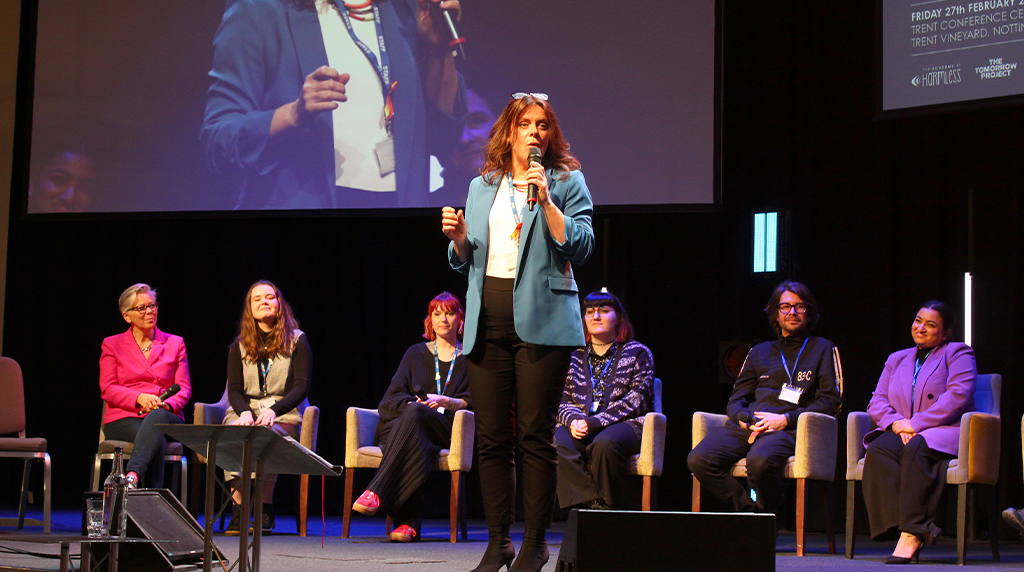By Caroline Harroe (Harmless CEO)
The narrative that children’s mental health issues are being ‘over-diagnosed’ and that this undercuts ‘grit and resilience’ is a harmful oversimplification. It places the blame on individuals and the mental health profession, rather than on the complex societal and cultural factors that have created this vulnerability.
Instead of seeing this as an overdiagnosis, we should view it as a representative diagnosis of a problem we have created. Our culture has, in many ways, developed a tendency toward reduced emotional resilience. This isn’t a moral failing; it’s a consequence of the world young people are growing up in. The ‘Time to Change’ campaign, while well-intentioned in its goal to reduce stigma, may have inadvertently contributed to this by normalising a language of mental illness that can lead to over-identification with negative emotional states. While raising awareness is crucial, it’s equally important to foster skills for emotional management and coping.
A Lack of Timely and Responsive Support
A key part of this issue is our failure to respond to young people in a timely and responsive way that validates their experiences. We are yet to offer them the support, understanding and treatment they need, when they need it. Instead of providing the tools for building resilience, we are hearing a return to an unhelpful narrative of ‘grit’ and a ‘stiff upper lip’. This approach is a disservice to a generation facing unprecedented challenges, from the aftermath of a global pandemic to the pressures of a hyper-connected, and sometimes isolating, digital world.
The focus should not be on blaming young people for a lack of resilience but on how we can actively assist them in developing it. This means providing them with coping strategies, fostering a strong sense of identity and self-esteem, and building a sense of community at a time when disconnection is one of the biggest threats to our humanity.
Emotional Literacy: The Antidote to Systemic Vulnerability
A recent study by the Anna Freud National Centre for Children and Families provides a compelling counter-narrative to the ‘over-diagnosis’ argument. Their research on mental health interventions for young people found that the most effective strategy was not just clinical treatment, but educating and normalising emotional experiences.
This approach, which fosters emotional literacy, teaches young people to understand, express and manage their feelings in a healthy way. It acknowledges that emotions are a normal part of life, but it also provides the tools to navigate them without becoming overwhelmed. A lack of emotional literacy – an inability to cope with difficult feelings – is not a sign of over-diagnosis. It’s a systemic problem that requires a coordinated response.
A Call for Coordinated Change
To address this crisis, we need more than just empty promises of mental health professionals in schools. We need consistent, sensible, and integrated cultural, societal and educational change.
- Cultural Shift: We must move away from a culture that dismisses emotional struggles as a lack of ‘grit’ and instead values emotional intelligence and self-care.
- Societal Support: This includes providing accessible, timely and properly funded mental health services that can intervene early.
- Educational Reform: Schools must be at the forefront of this change, not just as places for academic learning, but as environments that actively teach emotional literacy and provide a safe space for young people to explore their feelings.
Invalidating young people by blaming them for being a ‘product of the system we’ve forced them into’ is not only shameful but also counterproductive. We must take responsibility for the world we have created and provide them with the tools and support they need to thrive.




